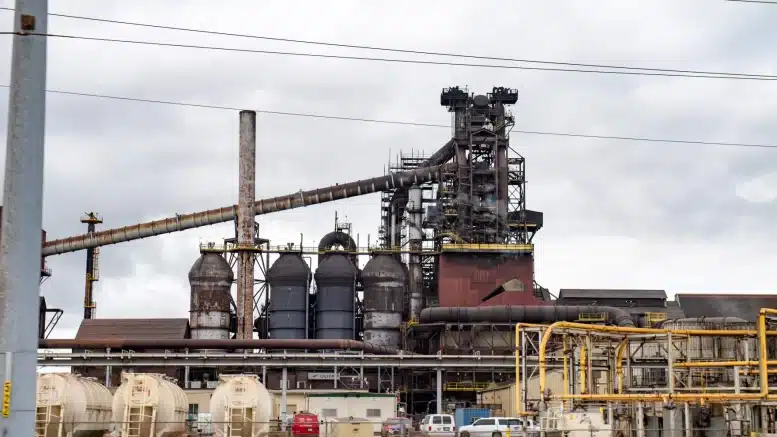Wisconsin is embracing the shift towards cleaner electric vehicles, with the State Assembly recently approving nearly $80 million in federal funding to bolster the infrastructure for EV charging stations. This move underscores a broader trend toward sustainability in transportation, encouraging car manufacturers to explore eco-friendly practices, including the adoption of “green steel,” as the fight against climate change intensifies.
At a car show in Greenfield, near Milwaukee, Joe Dubaniewicz reflects on the environmental benefits of his 2017 Chevy Volt EV, highlighting the reduction in carbon pollutants emitted by his electric vehicle. He advocates for cleaner manufacturing processes, emphasizing the importance of mitigating pollution at its source, particularly within the automotive industry.
While Wisconsin itself doesn’t host major automobile production facilities, insights from communities near industrial hubs, such as metropolitan Detroit, shed light on the environmental challenges associated with steelmaking and auto manufacturing. Activists like Samra’a Luqman express concerns about the health impacts of living near industrial plants, citing instances of cancer clusters and the need for stricter regulations to address emissions.
Community activists like Theresa Landrum draw attention to the pollution generated during the manufacturing of vehicles, urging consumers to consider the environmental implications of their purchases. The environmental impact of car-making extends beyond tailpipe emissions, with the production process itself contributing to pollution.
Efforts to reduce carbon emissions in heavy industry, particularly steel manufacturing, are gaining traction. Advocacy groups like Industrious Labs advocate for cleaner production methods, such as direct reduced iron, powered by renewable energy sources like wind and solar. Steelmakers like Cleveland-Cliffs emphasize initiatives to curb greenhouse gas emissions, albeit environmental advocates believe more significant changes could occur if driven by demands from major customers like automakers.
There’s growing momentum among car manufacturers to prioritize sustainability in their supply chains. Volvo, for instance, is intensifying scrutiny on parts linked to carbon dioxide emissions, signaling a potential shift toward greener practices across the automotive industry. While widespread adoption of green steel may take time, the sheer volume of new auto sales worldwide presents an opportunity for significant environmental progress in car manufacturing.
Simultaneously, states like Wisconsin are focusing on reducing tailpipe emissions by promoting the adoption of electric or gas-electric hybrid vehicles, aligning with broader efforts to combat climate change and enhance environmental sustainability in transportation.

